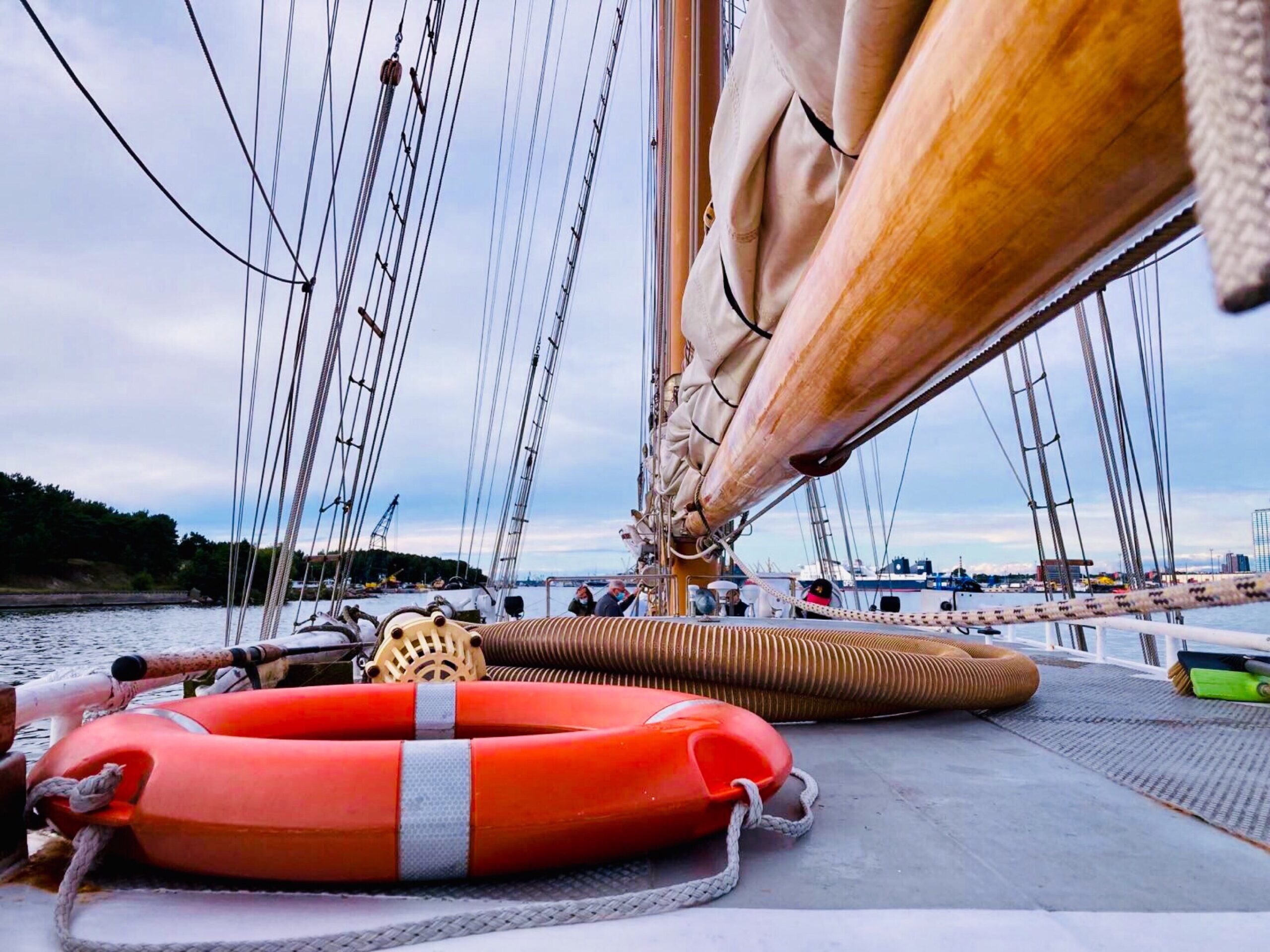
Boating offers an unmatched sense of freedom and adventure on the water. However, this excitement comes with responsibilities that every captain must take seriously. Investing time in boating safety courses is one of the most intelligent decisions any boat owner or operator can make. These courses do more than meet legal requirements—they equip captains with the knowledge and skills to protect themselves, their passengers, and the environment.
A boating safety course enhances your understanding of essential navigation rules, emergency protocols, and safe operational practices. It empowers captains to anticipate hazards and respond effectively when challenges arise. Moreover, with increased recreational boating, waters have become busier and more complex, making safety education beneficial and vital. This article explores why every captain should prioritize boating safety education and how it positively impacts their overall boating experience.
The Foundation of Safe Boating: Understanding the Essentials
At the heart of boating safety courses lies the fundamental knowledge required to operate a boat responsibly. These courses cover critical topics such as navigation rules, right-of-way, weather awareness, and boat-handling techniques. When captains learn these basics, they gain the confidence to make quick, informed decisions on the water. This foundational understanding reduces the likelihood of accidents and keeps everyone on board safe.
Additionally, boating safety courses stress the importance of preventive measures. They teach captains to conduct thorough pre-departure checks, properly maintain equipment, and prepare for unexpected situations. This proactive mindset ensures that captains react to problems and prevent them. As a result, experienced and novice boaters benefit greatly from building a strong safety culture through education.
Legal Compliance and Insurance Benefits
Many states require boating safety certification before allowing individuals to operate certain boats or engines. Beyond legal compliance, completing a boating safety course often leads to insurance discounts. Insurance companies recognize that educated captains are less likely to be involved in accidents, lowering insurers’ risk. Therefore, investing in a safety course can provide financial incentives alongside improved safety.
Furthermore, a boating safety certificate is official proof of competency, which can be crucial during encounters with law enforcement or when renting boats. This certification demonstrates a captain’s commitment to responsible boating, reinforcing trust among authorities and peers. Consequently, completing a boating safety course helps captains comply with regulations while gaining practical benefits beyond the classroom.
Responding Effectively to Emergencies
Emergencies on the water can escalate rapidly, leaving little time for hesitation. Boating safety courses prepare captains to respond calmly and efficiently in critical situations. For example, courses teach how to perform man-overboard procedures, suppress fires, and correctly use safety equipment such as life jackets and flares. Knowing these skills increases the chances of a positive outcome during emergencies.
Moreover, safety education emphasizes communication protocols, including how to use marine radios and distress signals to call for help. Being able to clearly and promptly communicate during a crisis can save lives. Captains who have undergone safety training are likelier to maintain composure and make sound decisions, even under pressure. This preparedness ultimately contributes to safer boating environments for all.
Environmental Stewardship Through Education
Boating safety courses often include modules on protecting aquatic ecosystems and following environmentally responsible practices. Captains learn about the impacts of fuel spills, waste disposal, and sensitive wildlife habitats. This awareness fosters respect for nature and encourages boaters to minimize their ecological footprint while enjoying recreational activities.
By understanding the delicate balance of marine environments, captains become advocates for conservation. They are more likely to comply with regulations that protect endangered species and maintain clean waterways. Thus, boating safety education goes beyond human safety and extends to preserving the natural beauty that draws so many people to the water in the first place.
Building Confidence and Enhancing Enjoyment
When captains are well-educated in boating safety, their confidence naturally grows. This increased confidence reduces anxiety and stress while operating a vessel, allowing for a more enjoyable experience. Boating becomes less about worry and more about relaxation, exploration, and connection with others.
Additionally, safety training helps captains anticipate challenges, such as changing weather or navigation difficulties, before they become dangerous. Being prepared means they can adapt their plans and avoid risky situations. This proactive approach enhances personal enjoyment and promotes safer waters for everyone who shares the boating community.
The Role of Continuing Education
Boating safety is not a one-time lesson but an ongoing commitment. Regulations, technologies, and best practices continually evolve, making it essential for captains to stay updated. Many organizations offer refresher courses and advanced training that cover new safety techniques, navigation tools, and legal changes.
Continuing education ensures that captains remain current and maintain high standards of operation. It also helps experienced boaters refine their skills and learn about innovations that improve safety. Captains demonstrate responsibility and dedication to protecting lives and the environment by embracing lifelong learning.
Boating safety courses provide indispensable knowledge and skills that every captain needs. They form the foundation for responsible navigation, legal compliance, and effective emergency response.
Additionally, these courses foster environmental stewardship and boost confidence, making time on the water more enjoyable and secure. For captains seeking to protect themselves, their passengers, and the waterways they cherish, investing in boating safety education is an investment in the future of safe and enjoyable boating.